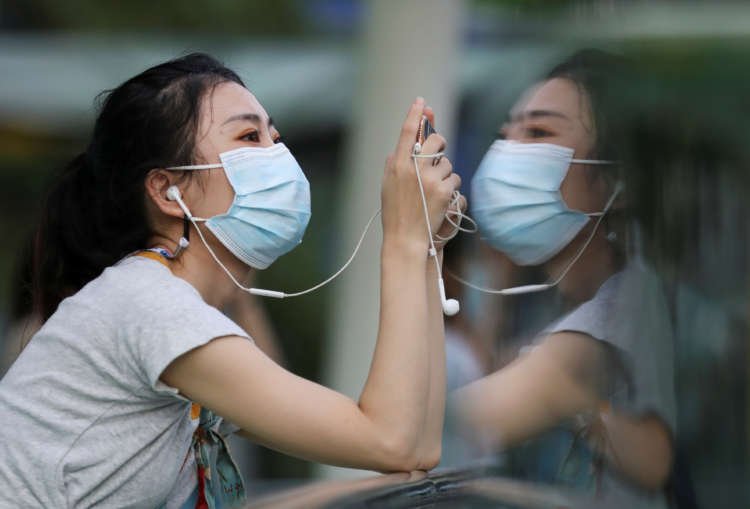Women inch towards equal legal rights despite COVID-19 risks, World Bank says
Published by linker 5
Posted on February 24, 2021
3 min readLast updated: January 21, 2026

Published by linker 5
Posted on February 24, 2021
3 min readLast updated: January 21, 2026

By Sonia Elks
(Thomson Reuters Foundation) – Women gained legal rights in nearly 30 countries last year despite disruption due to COVID-19, but governments must do more to ease the disproportionate burden shouldered by women during the pandemic, the World Bank said on Tuesday.
Nations should prioritise gender equality in economic recovery efforts, the bank said, warning that progress on equal rights was threatened by heavier job losses in female-dominated sectors, increased childcare and a surge in domestic violence.
“This pandemic has exacerbated existing inequalities that disadvantage girls and women,” David Malpass, World Bank Group president, said in a statement accompanying the annual “Women, Business and the Law” report.
“Women should have the same access to finance and the same rights to inheritance as men and must be at the centre of our efforts toward an inclusive and resilient recovery from the COVID-19 pandemic.”
A total of 27 countries reformed laws or regulations to give women more economic equality with men in 2019-20, said the report, which grades 190 nations on laws and regulations that affect women’s economic opportunities.
While countries in all of the world’s regions made improvements in the new index – with most reforms addressing pay and parenthood, women on average still have only about three quarters of the rights granted to men, the report found.
Notably, nearly 40 countries brought in extra benefit or leave policies to help employees balance their jobs with the extra childcare needs created by coronavirus restrictions.
But such measures were “few and far between” worldwide and will probably not go far enough to tackle the “motherhood penalty” many women face in the workplace, it said.
The report also noted separate data from a United Nations tool tracking gender-sensitive pandemic responses which found 70% of such measures addressed violence, with just 10% targeting women’s economic security.
The pandemic could result in “a backslide on various hard-won advances in women’s rights achieved in recent years”, said Antonia Kirkland, the global lead on legal equality at women’s rights organisation Equality Now.
“This disruption is a unique opportunity for countries to rebuild more resilient, inclusive and prosperous economies,” she told the Thomson Reuters Foundation by email.
“But this can only be achieved alongside the removal of sex discriminatory laws that prevent women from participating fully and equally in economic, social and family life.”
(Reporting by Sonia Elks @soniaelks; Editing by Helen Popper. Please credit the Thomson Reuters Foundation, the charitable arm of Thomson Reuters, that covers the lives of people around the world who struggle to live freely or fairly. Visit http://news.trust.org)
Explore more articles in the Top Stories category











